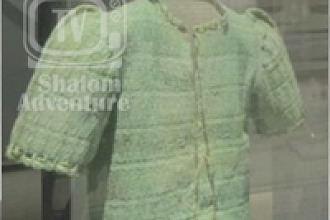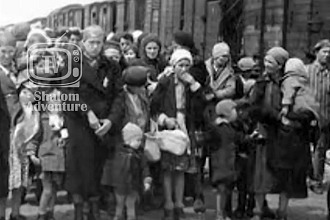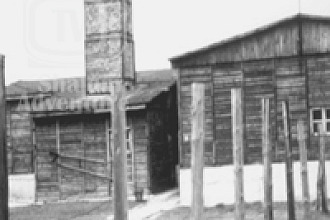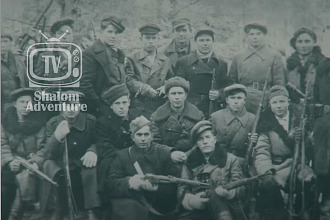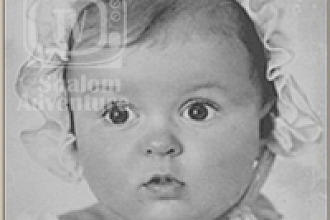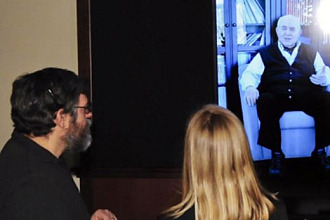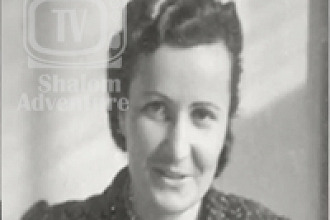“I have found my life work,” Jane expressed in a letter to a friend. “...We have one new little six-year-old, an orphan without a mother or a father. She is such a pathetic wee soul to look at and I fear, poor lamb, has not been in too good surroundings before she came to us..she certainly does look as though she needs heaps and heaps of love.”
“We have one nice little mite who is an orphan and is coming to school for the first time,” Jane described her experience teaching in the Mission school in a different letter. “She seems to be a lonely wee soul and needs lots of love. We shall see what we can do to make life a little happier for her.”
Jane worked as the appointed matron of the Girls’ Home of the Scottish Mission in Budapest. The schoolchildren demographics consisted of Christians and Jews from ages 6-16, and Haining’s calling was primarily to children of poverty or orphan status. Over 400 children adored Ms. Haining for her genuine love and concern for them, and Jane was respected by many of her colleagues as well.
“We never felt we were not equal with each other or with the Christian pupils,” Jewish student Zsuzanna Pajzs recalled. "We did not even notice who was Christian and who was Jewish."
In 1940, Scottish missionaries were ordered to return home because of the deteriorating political situation in Hungary under Nazi occupation. Jane chose to remain in Budapest despite repeated letters from the Church of Scotland urging her to return home for her safety.
"If these children needed me in days of sunshine, how much more do they need me in these days of darkness?" she told the Church of Scotland.
When the Nazis stormed the Scottish Mission school searching for Jewish children, Jane did her best to protect and hide the children, and was arrested in the process, serving time at Foctua Prison on charges of British espionage (aiding British prisoners of war and listening to the BBC) and helping Jews.
During her prison sentence, she used her previous threadmaking experience sewing yellow Stars of David onto dresses for Jewish children, and wept through the entire workday.
“I still feel the tears in my eyes and hear in my ears the siren of the Gestapo motor car. I see the smile on her face while she bade me farewell,” one student recalled. “I never saw Miss Haining again, and when I went to the Scottish Mission to ask the minister about her, I was told she had died. I did not want to believe it, nor to understand, but a long time later I realised that she had died for me, and for others. The body of Miss Haining is dead, but she is not alone, because her smile, voice, and face are still in my heart.”
Jane and some of her Jewish students were ultimately deported to Auschwitz where she lived for two months. The Church of Scotland was sent her death certificate from Auschwitz which stated, “Miss Haining, who was arrested on account of justified suspicion of espionage against Germany, died in hospital, July 17, of cachexia brought on by intestinal catarrh.”
One of Jane’s last written correspondences with a friend before her death in Auschwitz stated, “There is not much to report here on the way to heaven.”
It is believed Jane may have been the only Scottish citizen to have lost her life in one of the extermination camps.
Written by Erin Parfet









